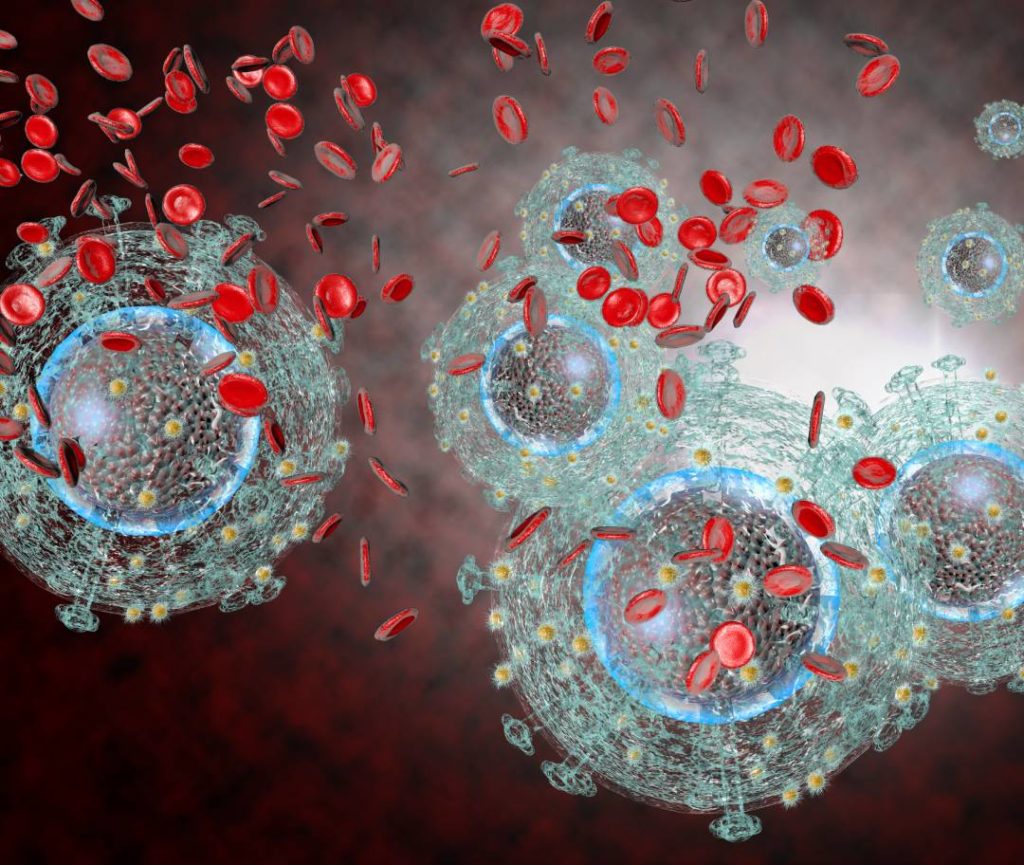Ryan White was born with hemophilia. To manage his hemophilia, Ryan received regular blood transfusions. When he was 13 years old, Ryan was diagnosed with AIDS following a blood transfusion and was given six months to live. When he tried to return to school, Ryan faced AIDS-related discrimination that resulted in spreading awareness of AIDS nationwide. Ryan and his mother fought for his right to attend school and became leaders in educating the public about AIDS and his disease. It is estimated that 1.2 million people, in the United States, are living with HIV/AIDS and of those roughly 1 out of 7 infected people don’t know that they are infected and could unknowingly transmit the virus. Because the incidence of HIV/AIDS is disproportionately higher in populations with a lower socioeconomic status, there is limited access to prescription drugs, medical care, either HIV clinical or non-clinical, and leads to worsened health outcomes.
Ryan lost his battle with AIDS in 1990, one month before his high school graduation and months before Congress passed legislation that bore his name, the Ryan White Comprehensive AIDS Resources Emergency (CARE) Act. The CARE Act provides grants to state and local governments to provide testing and treatment for HIV/AIDS.
As a result of the CARE Act, health care clinics and service providers received support under the Ryan White Comprehensive AIDS Resources Emergency (CARE) Act, focusing on persons living with HIV/AIDS. This legislation has been reauthorized and expanded to become the Ryan White HIV/AIDS Program (RWHAP) and now provides grants through the Health Resources and Services Administration.
In 1992, Congress enacted Section 340B of the Public Health Service Act (PHSA), addressing the unintended consequence of certain providers increasing the cost of their drugs with the Medicaid Drug Rebate Program. Section 340B requires pharmaceutical manufacturers to provide discounts on outpatient drugs to specific safety-net health providers and select clinics as a condition of participating in Medicaid. These organizations, known as “covered entities”, are eligible to purchase discounted drugs through the 340B Drug Pricing Program, including federally qualified health centers, specific types of hospitals and critical access hospitals, specialized clinics, and RWHAP grantees. The 340B Drug Pricing Programs supports the full
HIV/AIDS care continuum, from diagnosis to linkage to care, to medication adherence and viral suppression.
As a result of the CARE Act, Ryan White’s legacy is that people with AIDS and HIV are receiving better quality care and, as a result, are living longer with HIV.
If your organization is a recipient or sub-recipient of funding through the Ryan White CARE Act, you are eligible for the Section 340B discount drug program. This program allows covered entities to stretch the scarce federal resources as far as possible, allowing you to reach more eligible patients and provide more comprehensive services. If you do receive Ryan White funding, please reach out to us so we can help you generate revenue for your organization.

